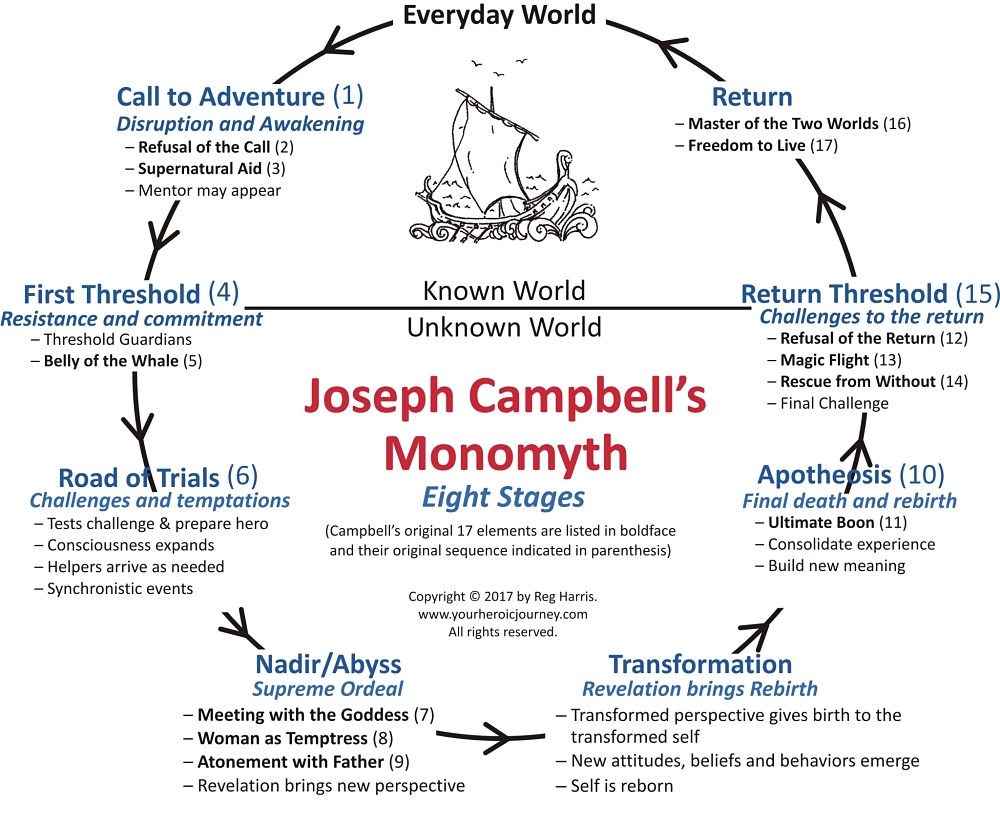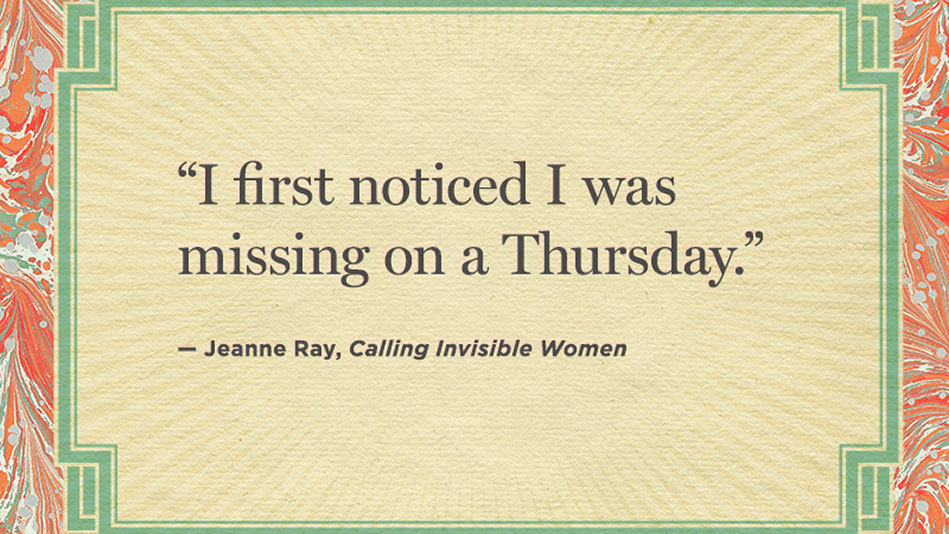Being a literary writer is no mean feat. Sometimes it can seem gruelling just to convert your ideas from the tangled web in your head to actual words on paper. Luckily, there are several writing tips that can help you grow over time and slowly become a stronger writer with a more commanding voice. In this article, I’m going to outline some of these tips and tell you the best ways you can utilize them. But, just as a disclaimer, none of these tricks are shortcuts. Rather, they are more like pointers, directing you towards the most productive practices you can indulge in to better your writing.

General Writing Tips
To begin with, here are some tips that can apply to any genre of literary writing. Following them helps you become a much better writer over time, with a more acute understanding of how to convert your ideas into creative pieces.
Read widely
If you don’t read extensively, you won’t know what constitutes a great literary piece, much less how to achieve it. As Stephen King said, ”If you don’t have time to read, you don’t have the time (or the tools) to write. Simple as that.” As a creative writer, you must pay close attention to what you read. Look closely at that poem that evoked a strong emotion from you, or your favourite line from any book. Try to identify why it strikes you the way it does. When you’re able to point out the literary tools the writer used to elicit such a reaction from you, you can then try to replicate the same in your writing.
You should also broaden your reading tastes. For instance, if you’re a fantasy novel fan, pick up other genres like romance or poetry. Doing so will expose you to different styles of writing, so you have a vast well of techniques to pull from when you finally sit down to write. If you’re looking for new creative pieces to read, you can start here.
Write frequently
It is all well and good to have multiple great ideas brewing in your brain, but what makes a writer is the actual act of writing. Like any skill, to become better at writing, you have to do it frequently and conscientiously. Just like it’s a good idea to read across several genres, you should also try different styles of writing. Each style, whether it be prose, poetry, or blogging has its unique set of rules you have to adhere to. Playing around with different types of writing helps you get used to these rules, so you can become a well-rounded writer.
When you write, resist the urge to edit or rewrite immediately. Embrace the art of freewriting. You don’t want to stifle your creativity, so simply put down all the words as they come. Later, you can get to editing.
Edit
When you’re done freewriting, edit out any extraneous words that add nothing meaningful to the piece. A saying that is common among writers is “Kill your darlings”, meaning delete those unnecessary paragraphs regardless of how much you love them. You have to remember that you’re writing for readers, and the simpler your message is, the easier it’s going to be to digest.
Seek Feedback
It can be very hard to judge your writing. This is why seeking feedback is necessary for growth as a writer. When you request feedback, ask your peers to be honest and specific with their critique. This helps you to recognize what you’re doing well and what you need to work on.
Tips for Prose
Understand basic story structure
To be a good fiction writer, you need to understand how a story flows. From the exposition to the climax to the resolution, you should build your story in a steady and structured manner, so your readers follow along easily from start to finish. One common model a lot of writers use as a guide is The Hero’s Journey by Joseph Campbell. Most good stories can be roughly mapped to this model, regardless of the genre.

Learn to hook readers from the beginning
Take a look at these lines: “It was the day my grandmother exploded”, “This is my favorite book in all the world, though I have never read it”, and “The sweat wis lashing oafay Sick Boy; he wis trembling.” They are the first lines from renowned novels that hooked readers from the get-go. Barring the title, the first line is the first thing a reader looks at, so it has to grab their attention and make them want to find out more. When you’re writing prose you should aim for a powerful first line, but also make sure it works well with the rest of the text.

Study character development techniques
Character development is indispensable in prose. Even when writing short stories, you need to build a character arc, introducing information that tells us more about the backstory of the characters and the motivations for their actions.
Poetry Writing Tips
Edit, edit, edit
I know I’ve mentioned editing before, but it is so important when you’re writing poetry that it bears repeating. In fact, it is often said that the poetry is in the edit. Accomplished poet Mary Oliver once said that she goes over a poem as many as 50 times. After the first draft, wait for some time before you go back to the poem to edit it. When you’re editing, you could try reading the poem aloud to get a feel for the sound, as sound is quite vital to poetry.
Use imagery but avoid cliches
“As cold as ice”, “Bite the bullet”, “Give someone the cold shoulder”: these are all sayings we’ve heard so much they’ve pretty much lost their value as imagery. As a poet, one of the most important duties you have is to come up with new and exciting ways to describe the same human emotions we all experience. Do not cop out by going for cheap, commonplace cliches. Instead, take your time to think about what you’re trying to say, and come up with a striking image.
Experiment with poetic devices
Poetic devices are useful tools that help convey your meaning concisely and appealingly. Using meter, for instance, or poetic forms like sonnets and haikus, is a great way to give structure to your poems. You can also use sound techniques like rhyme, assonance, and alliteration to elevate the way your poem sounds and give it a touch of that Edgar Allan Poe feel.
I hope these few pointers help to make your writing journey a bit easier. Did you already know some of these writing tips? Tell us in the comments!



Leave a Reply